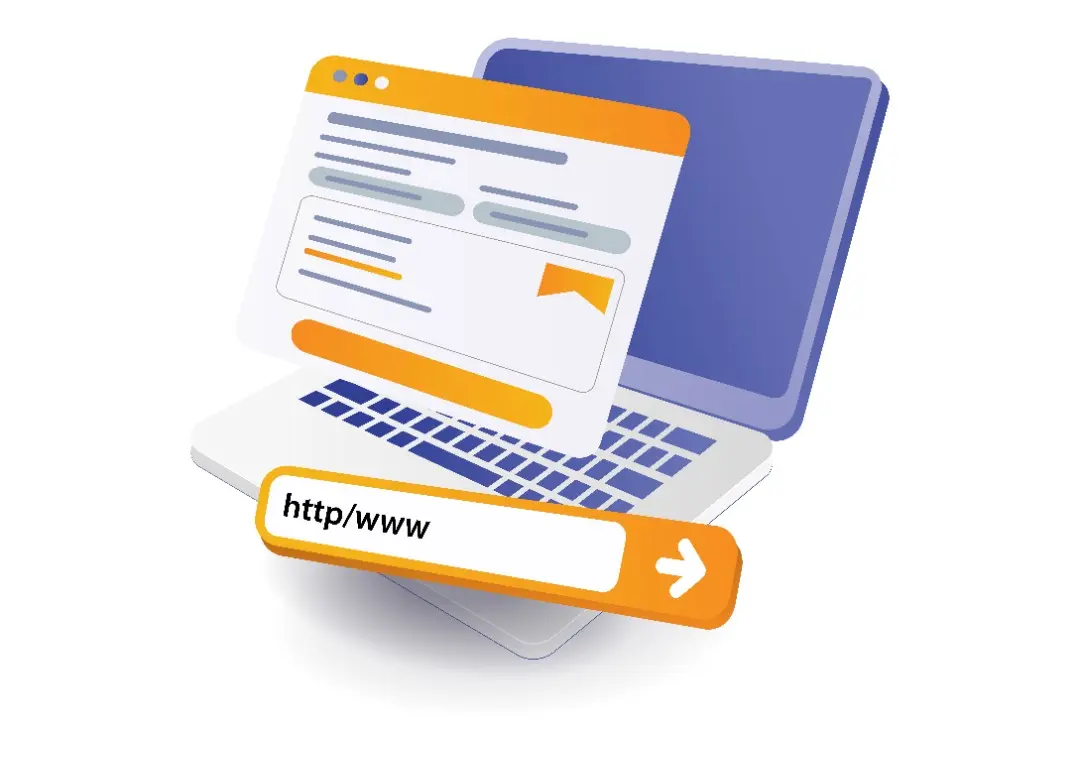A business must have an official website that consumers can reach large. One of the benefits is that consumers can find out more about a product being offered, information related to the company, and even as a medium of interaction between consumers and companies.
The website will undoubtedly store consumer data from digital transaction activities or when users register as members.
The importance of security on the website must be considered for the continuity of your business. Unfortunately, many of them ignore the website's security, which causes the website to be hacked, damaged, or destroyed. As a result, consumer data and corporate data will be threatened with leaks and can be misused.
Cyber-attacks are attacks carried out by hackers using computers or networks to hack random websites targeting specific vulnerabilities in multiple sites in the hope of luck. Reportedly, hackers are now increasingly sophisticated in hacking and exploiting various ways.
Recommended posts
Why is a Website So Necessary?
Security on the website will protect against DDoS attacks.
What is a DDoS attack?
DDoS is an attack that will slow down or damage a website, making the site inaccessible to visitors. An example is malicious software (malware) designed to cause harm. Malware will cause downtime resulting in loss of customers and revenue for your business.
Malware can come in the form of:
-
Spyware, this type will infiltrate your website and steal existing information.
-
Ransomware, hackers will hold your website to disrupt web activity, and hackers will ask for a ransom to restore your website.
-
Adware, hackers will enter your website to create requested advertisements.
How to Protect Your Website
- protect sensitive information and data
For example, the personal data of consumers who have made payment activities through websites. Recalling customer information is valuable for hackers, so website security is critical.
- Protect Back-Up Data
Usually, the first cyberattack carried out is destroying the backup before destroying your website. A backup will help you recover important lost and corrupted data. Then the need for security of data backup on your website.
- Secure hosting.
Ensure you have secure hosting to protect your website from hacker attacks or other dangerous viruses. Use a hosting that has an Imunify360 protection system equipped with AI technology that works to detect malware, remove it and build automatic intrusion detection.
Conclusion
Website security is essential for the continuity of your business, if one day the site is hacked, the trust of your consumers and potential customers will disappear, and it won't be easy to restore it. So with that to prevent this from happening, you need extra security on your site by protecting sensitive information and data, safe backups, and using secure hosting.




